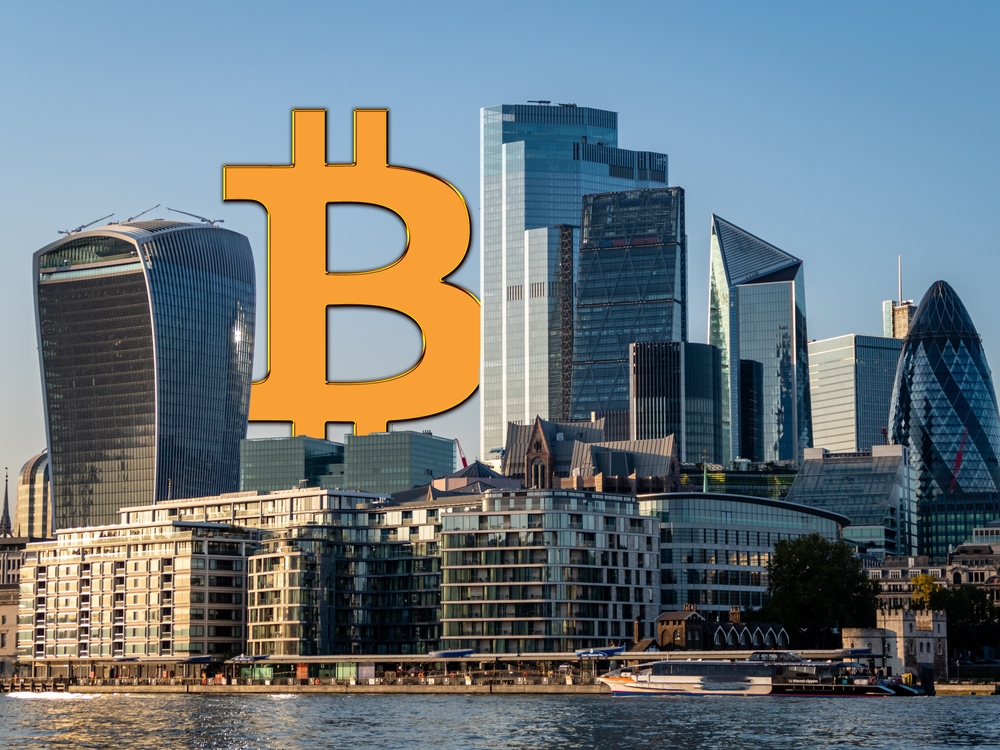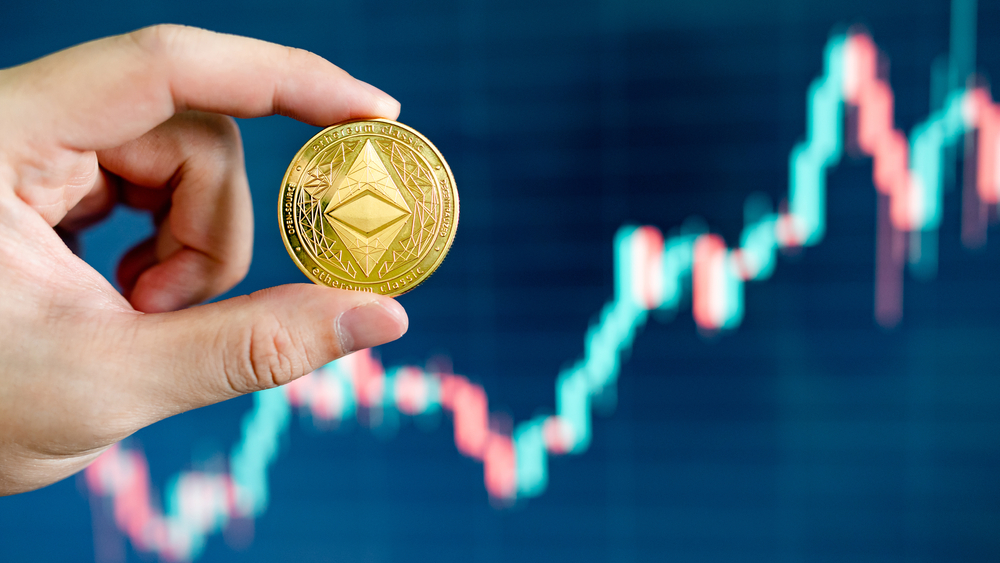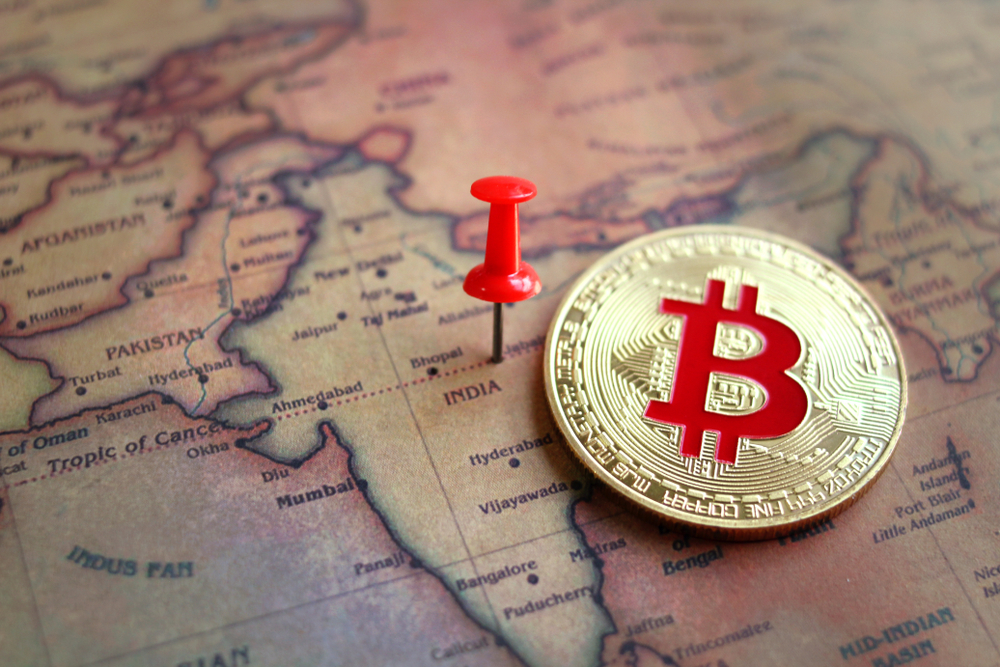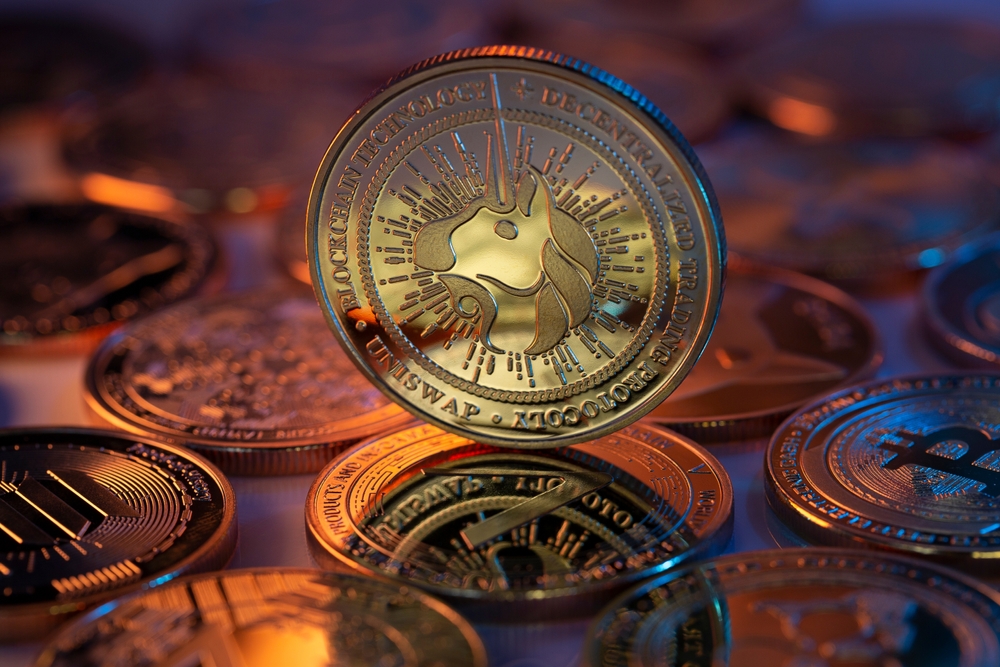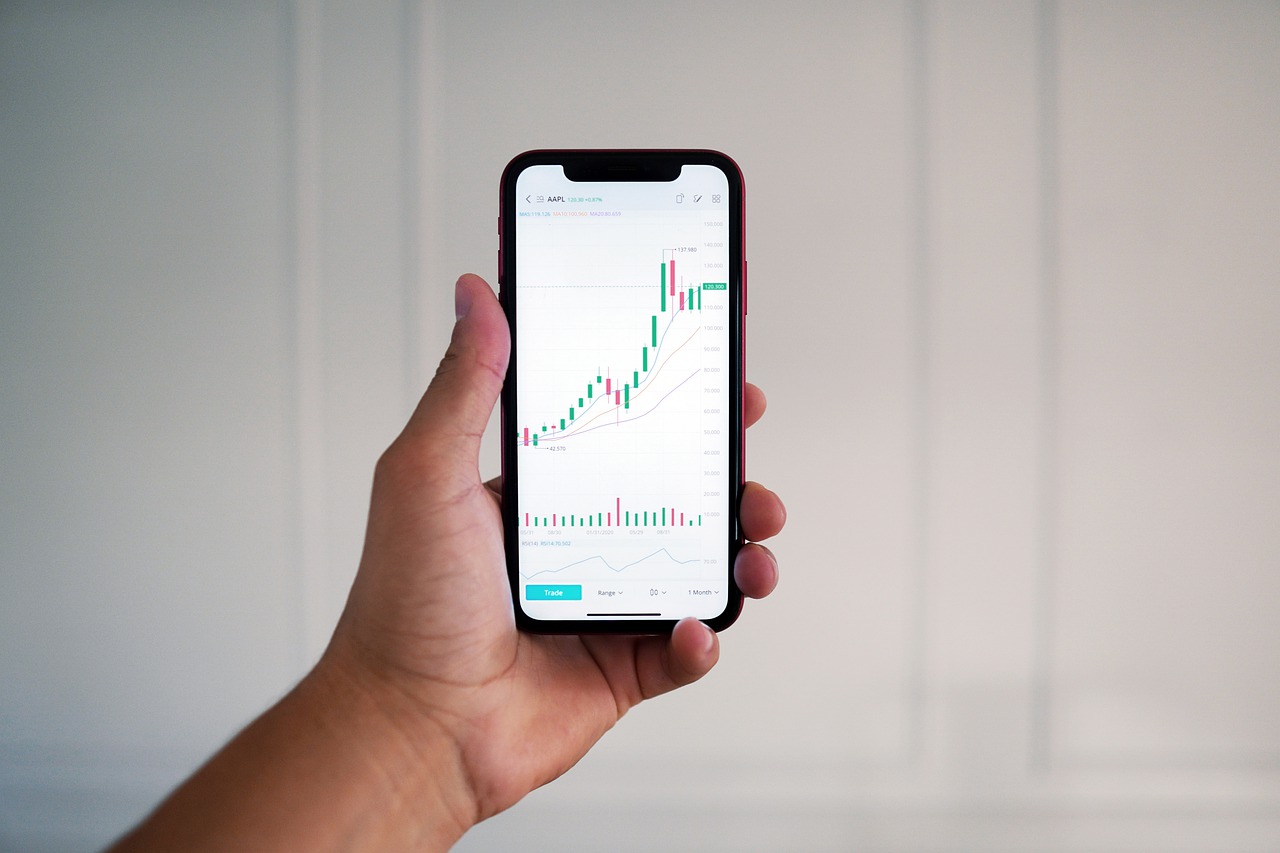Venezuela Tightens Control on Transactions on Unauthorized Exchanges
A new internal providence was recently issued by the cryptocurrency watchdog in Venezuela, Sunacrip. The aim is to provide guidelines that will be followed for addressing reports regarding suspicious activity that may be associated with any fin-tech platforms. According to the document, the use of unauthorized exchanges in the country will be categorized as such an activity and customers may have to deal with penalties that can go as high as $15,000 as a consequence. Sunacripaims to improve their oversight of people in the country who are involved in the crypto space and use the services of fin-tech platforms in order to do so.
A new mechanism was introduced in the providence issued by the organization, which was signed by the head of Sunacrip, JoselitRamirez. A number of directives that have been issued by the Financial Action Task Force (FATF) were kept in mind when the internal document was issued. This is because the crypto watchdog wants to integrate these directives into their working processes, as it can assist them in detecting schemes of terrorism financing and money laundering. The international sanctions that have been imposed against Venezuela means that the country is not a part of the FATF.
As per the internal document, if non-authorized exchanges are used by anyone, it would issue an alert that will be sent to the national financial intelligence organization. They will then investigate the use and sanctions may be imposed. It should be noted that there was no mention of the penalties that could be implemented for such violations. However, there is another law in Venezuela that defines sanctions that can be imposed on the unauthorized use of crypto assets. These penalties can be around $15,000. Crypto exchange users in Venezuela may have problems with the new measures.
This is applicable in the cases of users of exchanges like Binance. Even though it is considered the top crypto exchange globally and is widely used, Binance is not officially registered or authorized to offer its services in Venezuela. Therefore, Venezuelan users of the exchange may have no other choice but to jump ship in order to avoid any penalties. Likewise, there are some other popular global exchanges that are not authorized to offer their services in the country. Back in January, licenses of two crypto exchanges had been revoked by Sunacrip and it had issued a list of authorized exchanges. This did not include notable names like Binance.
Ramirez had told crypto users to stop using these unauthorized exchanges. However, it should be noted that the new legislation in Venezuela will not just affect crypto exchanges. This providence would also include fiat exchanging services as well as fin-tech platforms that are offering their services will fall under its scope. This could create problems for a lot of them, as it would mean having to lose customers to their competitors. Moreover, it would also be a disadvantage for people because they will not be able to use platforms that appeal to them.



